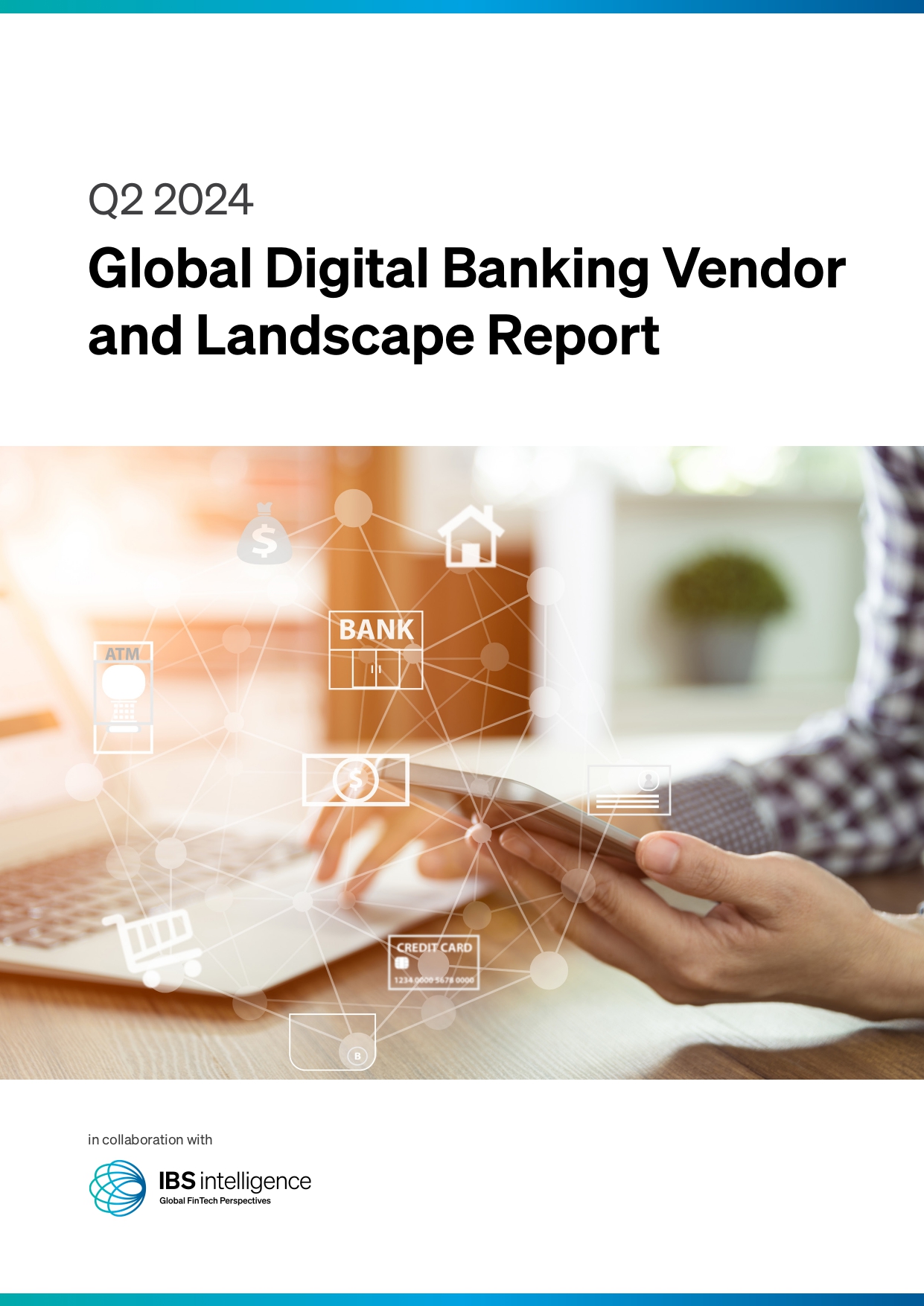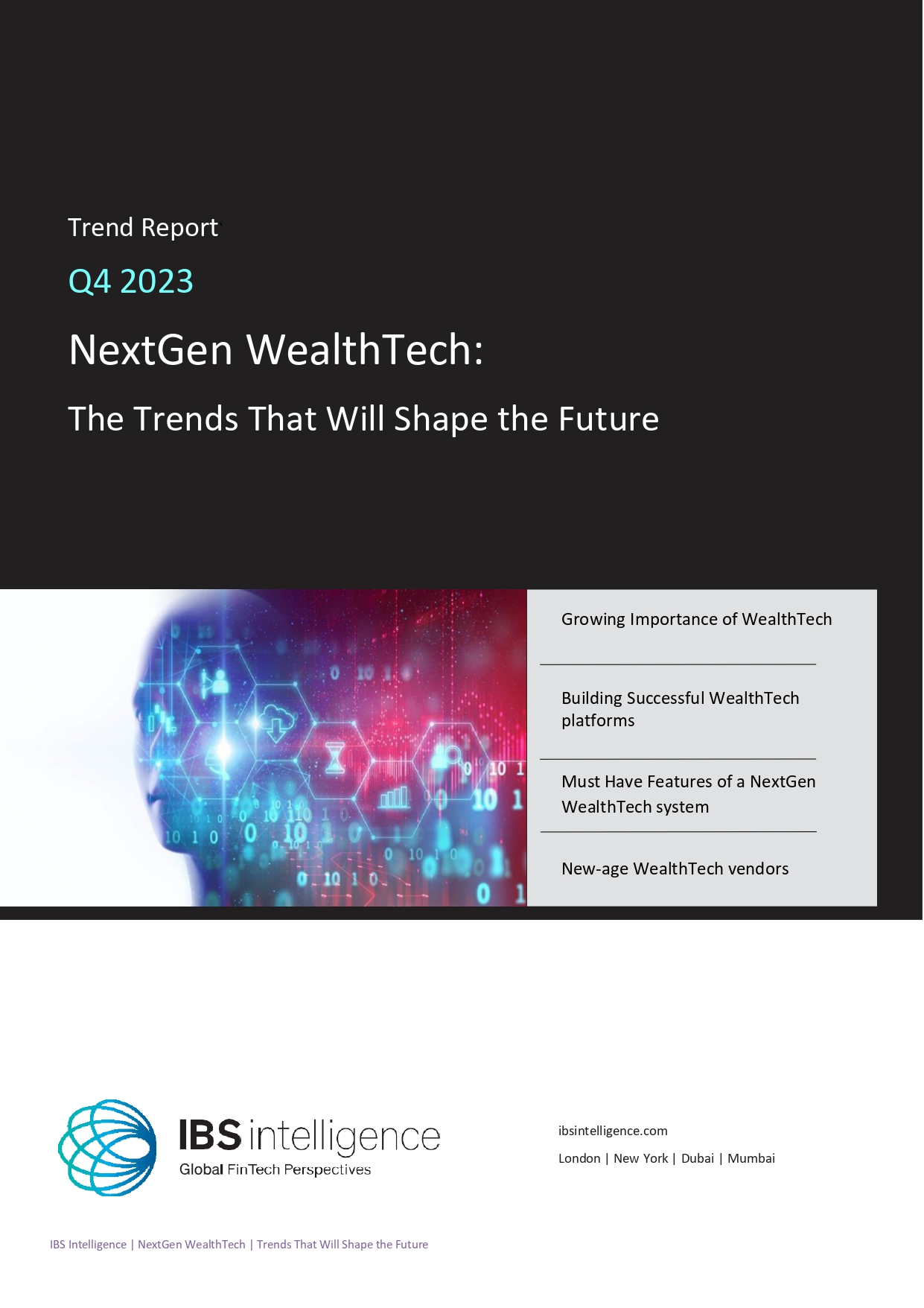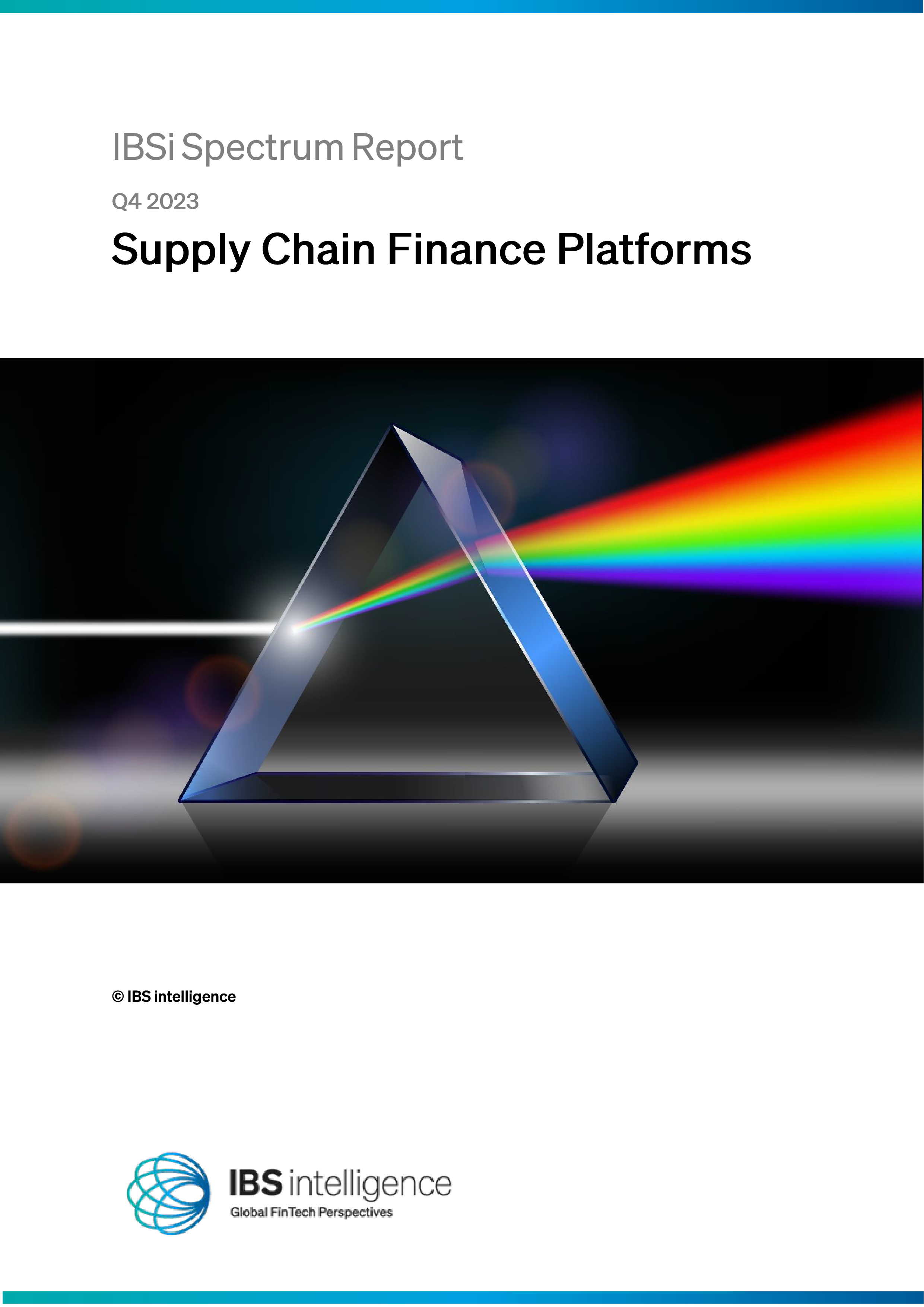AI in Accounting: Moving Beyond the Hype

By David Kearney, Founder, Numra
In the past few years, the world has begun to catch up with what many of us in the tech sector have long anticipated: the incredible potential of AI to transform industries in ways once thought unimaginable. The rise of generative AI tools, such as Chat-GPT, has enabled the automation of tasks traditionally dependent on human manpower. However, as these technologies have gained popularity, so has the awareness of their limitations, especially in tasks that demand the delicate touch of human creativity and nuanced thinking.
Whether it’s awkward AI images, often replete with ‘unconventional’ hands, or formulaic and stiff passages of prose, which don’t quite feel ‘human’, some critics are already beginning to question whether these solutions deserve the hype they’re receiving. Personally, I believe that’s because much of the focus on AI has so far been devoted to the realm of creative applications. In my eyes, the true revolution is happening in less glamorous but equally vital areas—such as accounting, where the need for creativity is more minimal.
The Current Landscape of AI in Accounting
AI’s role in data-centric industries has grown exponentially recently, and accounting is no exception. In fact, AI tools have already made a big impact on how many companies manage their finances by enabling the automation of repetitive tasks and enhancing individuals’ abilities to detect anomalies, improve financial forecasts, and boost accuracy across their work. While this shift has certainly delivered value, it’s hard not to feel that there’s still a lot of untapped potential to be uncovered here.
As of 2024, we’ve seen a few important use cases of AI across the accountancy sector. Robotic process automation (RPA) has become a staple in managing invoices and expenses. AI-powered systems can now automatically categorise transactions, reconcile accounts, and predict future cash flows with minimal human intervention. Companies that have integrated AI into their accounting practices have reported up to a 50% reduction in time spent on routine tasks and a marked decrease in operational costs.
However, many of the current implementations of generative AI solutions within accounting operations have occurred via internal integrations of technologies built or licensed in-house by particularly large companies. Until recently, accessible AI solutions built to help businesses manage their accountancy requirements more effectively have been unavailable. Thankfully, that is now beginning to change, with the democratisation of solutions of this nature now finally occurring.
Navigating the Field
In a field where precision and speed are paramount, AI’s strength in swiftly processing vast amounts of data with unparalleled accuracy is a game-changer. This aligns perfectly with a field like accounting, where the tasks required are often clear-cut and objective. This inherent advantage puts AI in a position to add value to our sector and to help businesses access more efficient and effective accountancy support. However, getting the most value from this technology will require a nuanced approach.
For instance, despite the promise AI holds, I recognise that its adoption in accounting is not without challenges. Many accountants are understandably wary of AI, fearing job displacement or struggling with the technical complexities of new systems. Still, these challenges are far outweighed by the opportunities AI presents. What’s more, as AI takes over routine tasks, it enables professionals in the field to shift their focus to higher-value activities, such as client advice and analysing financial trends.
Staying Ahead of the Curve
If we cast our gaze forward, it seems obvious that AI will continue to grow in importance throughout the accounting sector. However, concerns that the technology is here to replace human accountants appear unfounded, at least in the short to medium term. Much rather, AI technologies offer a way for accountants to enhance their services, allowing them to focus less on the mechanics of data management and more on interpreting and strategising based on that data.
As such, those in the field who can adapt to these technological advancements will improve their efficiency and expand their capabilities as strategic advisors, offering deeper insights and more valuable services to their clients. As AI continues to reshape the landscape, effectively leveraging this technology will distinguish forward-thinking accountants from the rest, ensuring they remain at the cutting edge of the profession.
Moving Beyond the Hype
As we move beyond the initial hype of innovations like Chat-GPT, accountants must recognise AI as an ally. Integrating AI into accounting practices represents an incredible opportunity to redefine the profession. By staying informed and proactive about these emerging technologies, accountants can ensure they remain indispensable to their clients and continue to thrive in a rapidly evolving landscape. In doing so, they will not only secure their place in the future of accounting but also continue to shape it.
Previous Article
July 10, 2024
When cyber criminals log in, but don’t break in, is your data still data secure?
Read MoreIBSi News
- Daily insightful Financial Technology news analysis
- Weekly snapshots of industry deals, events & insights
- Weekly global FinTech case study
- Chart of the Week curated by IBSi’s Research Team
- Monthly issues of the iconic IBSi FinTech Journal
- Exclusive invitation to a flagship IBSi on-ground event of your choice
IBSi FinTech Journal

- Most trusted FinTech journal since 1991
- Digital monthly issue
- 60+ pages of research, analysis, interviews, opinions, and rankings
- Global coverage
Other Related Blogs
July 10, 2024
When cyber criminals log in, but don’t break in, is your data still data secure?
Read MoreJuly 05, 2024
From self-governance to sustainable growth: how the SRO-FT empowers India’s FinTech revolution
Read MoreRelated Reports

Sales League Table Report 2024
Know More
Global Digital Banking Vendor & Landscape Report Q2 2024
Know More
NextGen WealthTech: The Trends To Shape The Future Q4 2023
Know More
IBSi Spectrum Report: Supply Chain Finance Platforms Q4 2023
Know More

